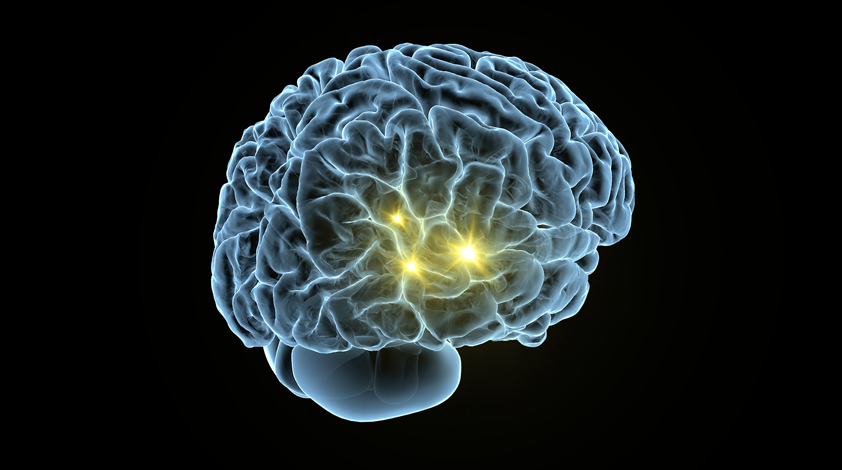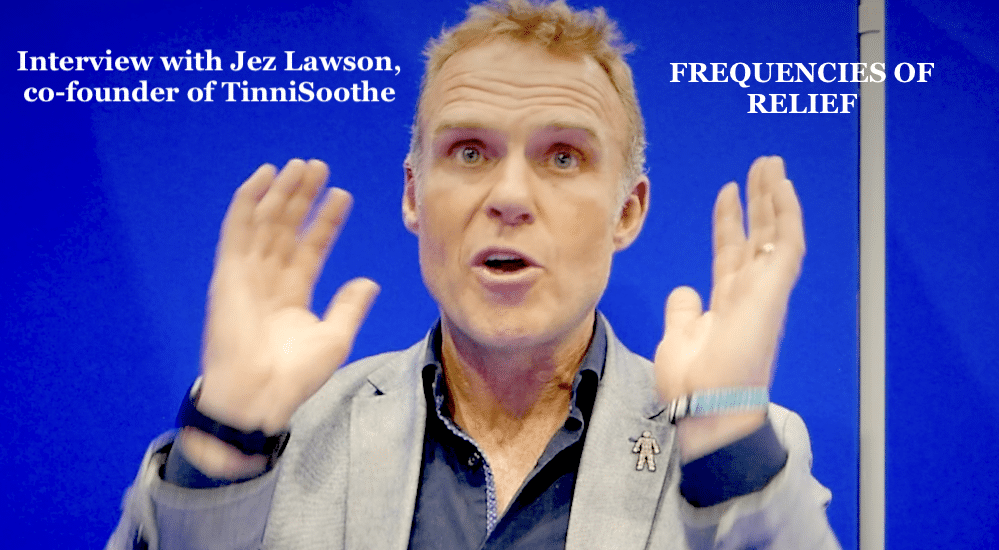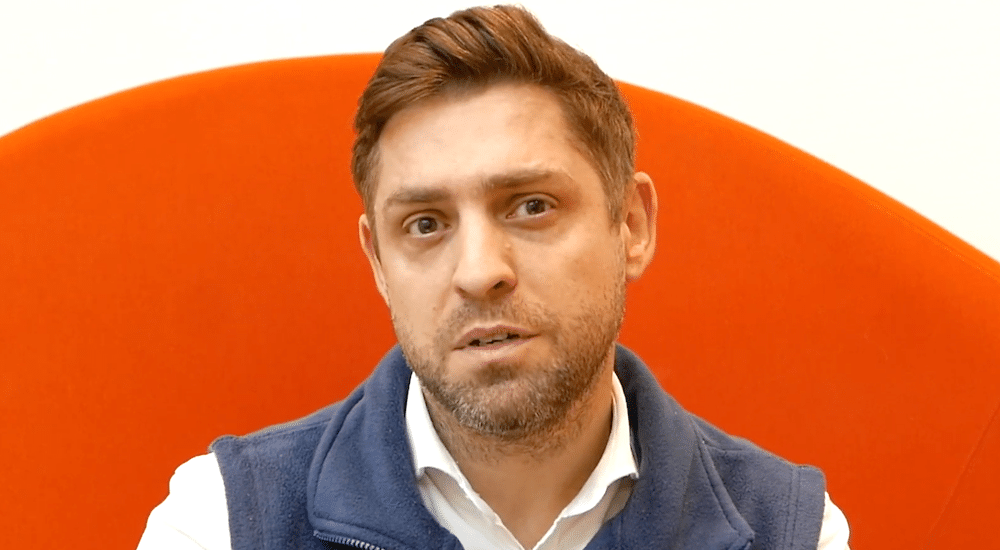As the brain ages, hearing becomes more tiring, a new study shows
Age-related hearing loss
A study carried out at the University of Zurich, Switzerland has measured and visually mapped the consequences of age-related hearing loss in the brain.

It was long thought that age-related hearing loss was mainly the result of long-term wear and tear, as well as general deterioration of the internal auditory system, but research now paints a different picture.
“We wanted to know how the brain is able to process speech in old age and also how it is able to re-learn this ability, especially when the person has been affected by hearing loss and wears hearing aids,” explains Nathalie Giroud, a doctoral student in neuropsychology at the University of Zurich. To conduct the study, the team included 15 younger people and 45 seniors who had hearing tests at regular intervals over a period of several weeks, along with neurological testing. The group of older participants included both hearing aid wearers and people with normal hearing. The study lasted for over two years.
According to Giroud, “The study’s most important finding is that with older people affected by hearing loss who get a hearing aid for the first time, and even with those who change hearing instruments, the brain requires some twelve weeks of intensive training to be able to process speech even nearly as well as before.” For the team, this clearly shows that age-related hearing loss is not simply concerned with damage to the inner ear, but that the neurological component plays a significant role.
Swiss hearing aids manufacturer Sonova supported the research, which has been submitted for publication.
Source: Sonova
 Sign in
Sign in

